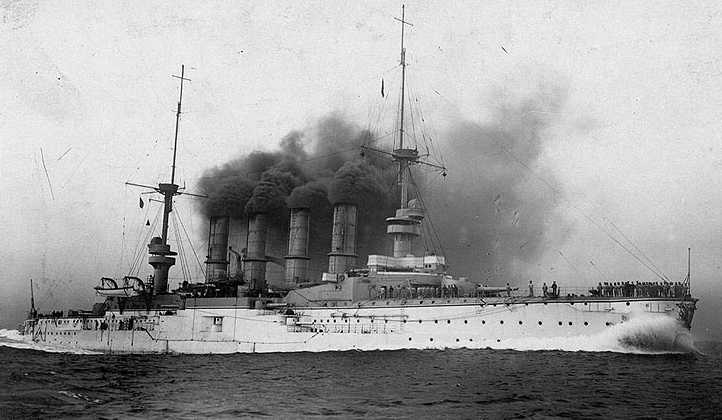
These guns were used as secondary armament on many pre-dreadnoughts and large cruisers of the late 1890s and early 1900s. A number of guns were exported to Austria-Hungary where they were used on a few ships. Guns were also used to arm the auxiliary cruiser Wolf, one of the more successful commerce raiders of World War I.
During the Second World War, this gun equipped a few transports and supply ships and was used in some coastal artillery batteries. Many of the latter were supplied with a new, more streamlined shell.
Spain acquired three of these guns in the summer of 1941 and these formed the Mesa de San Juan Battery located on the Island of Gran Canaria. The battery was deactivated in 1956.
Constructed of A tube and two layers of hoops. Used the Krupp horizontal sliding wedge breech block.
Krupp exported a number of these guns to Austria-Hungary in the late 1890s where they were used as secondaries on the Monarch class coastal defense ships. Later, Škoda produced a license copy which were used to arm armored cruisers and pre-dreadnoughts. It was later used as land artillery on the Southwest Front.
Unless otherwise noted, all data below is for the Krupp guns.
All German 15 cm guns had an actual bore diameter of 14.91 cm (5.87 in).
| Designation | Germany: 15 cm/40 (5.9") SK L/40
Austria-Hungary: 15 cm/40 (5.9") L/40 K94 (Krupp) Austria-Hungary: 15 cm/40 (5.9") L/40 K96 (Škoda) |
|---|---|
| Ship Class Used On | Germany
15 cm/40 (5.9") SK L/40: Kaiser Friedrich III, Wittelsbach, Victoria Louise, Fürst Bismarck, Prinz Heinrich, Prinz Adalbert, Roon and Scharnhorst (1907) classes Austria-Hungary
|
| Date Of Design | 1897 |
| Date In Service | 1898 |
| Gun Weight | 9,833 lbs. (4,460 kg) |
| Gun Length oa | 235 in (5.960 m) |
| Bore Length | 218 in (5.540 m) |
| Rifling Length | N/A |
| Grooves | (44) 0.055 in D x 0.280 in W (1.40 mm x 7.11 mm) 1 |
| Lands | 0.1415 in (3.68 mm) |
| Twist | Uniform RH 1 in 44 to 1in 23.8 at muzzle |
| Chamber Volume | 1,013 in3 (16.6 dm3) |
| Rate Of Fire | 4 - 5 rounds per minute |
- ^Rifling information from a British source using captured documents, may not be entirely accurate conversions.
| Type | Separate |
|---|---|
| Projectile Types and Weights 1a | 1901
AP C/01: 88.2 lbs. (40 kg) Common: 88.2 lbs. (40 kg) 1907
World War I
World War II
|
| Bursting Charge | 1901 N/A
1907 N/A World War I 2a World War II N/A |
| Projectile Length | 1901 N/A
1907 N/A World War I (approximate dimensions)
World War II N/A |
| Propellant Charge | World War I
Standard: 20.16 lbs. (9.1 kg) RP C/00 or C/06 Alternate: 21.82 lbs. (9.9 kg) RP C/00 or C/06 World War II N/A |
| Muzzle Velocity | 1901 through World War I
For 88.2 lbs. (40 kg) Projectiles using Standard Charge: 2,625 fps (800 mps) For 112 lbs. (51 kg) AP using Standard Charge: 2,379 fps (725 mps) For 99 lbs. (45 kg) SAPC using Alternate Charge: 2,641 fps (805 mps) World War II
|
| Working Pressure | N/A |
| Approximate Barrel Life | N/A |
| Ammunition stowage per gun | Kaiser Friedrich III: 120 rounds
Wittelsbach: 140 rounds Victoria Louise, Fürst Bismarck and Prinz Heinrich: 120 rounds Prinz Adalbert: 150 rounds Roon: 160 rounds Scharnhorst: 170 rounds |
- ^
Actual designations for German Projectiles AP C/01 15 cm Psgr. C/01 Common unknown HE base fuze C/07 15 cm Spgr. C/07 Bdz HE nose fuze C/07 15 cm Spgr. C/07 Kz AP L/2,9 15 cm Psgr. L/2,9 HE L/2,9 nose fuze 15 cm Spgr. L/2,9 Kz HE L/3,0 base fuze 15 cm Spgr. L/3,0 Bdz Shrapnel L/2,6 15 cm Stahlschrapnel L/2,6 - ^Burster weights (reiner Sprengstoff) for World War I projectiles from "Diagrams of Great War"
| Elevation | Distance |
|---|---|
| 20 degrees
(1898) |
14,990 yards (13,700 m) |
| 20 degrees
(World War II shell) |
15,640 yards (14,300 m) |
| Designation | Single pedestal mounts in casemates
Kaiser Friedrich III (18), Wittelsbach (18), Victoria Louise (8), Fürst Bismarck (12), Prinz Heinrich (10), Prinz Adalbert (10), Roon (10) and Scharnhorst (6): MPL type |
|---|---|
| Weight | about 37,480 lbs. (17,000 kg) |
| Elevation | MPL: about -7 / +20 degrees 1b |
| Elevation Rate | Manual operation, only |
| Train | about +150 / -150 degrees |
| Train Rate | Manual operation, only |
| Gun recoil | N/A |
- ^The elevations shown above are "as designed." Following the Battle of Jutland (Skagerrak), many mountings were modified to increase their maximum elevations to +27 degrees.
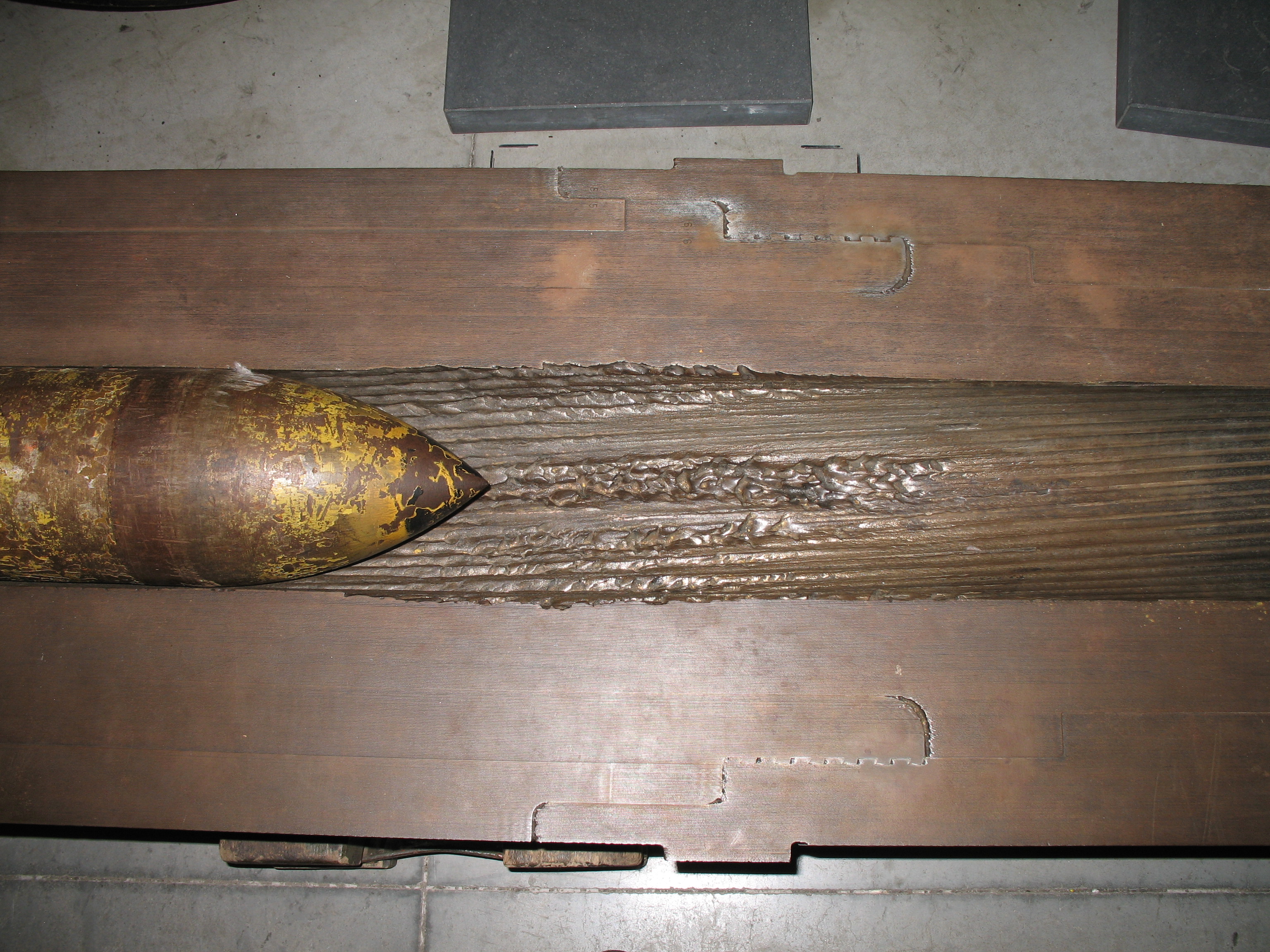
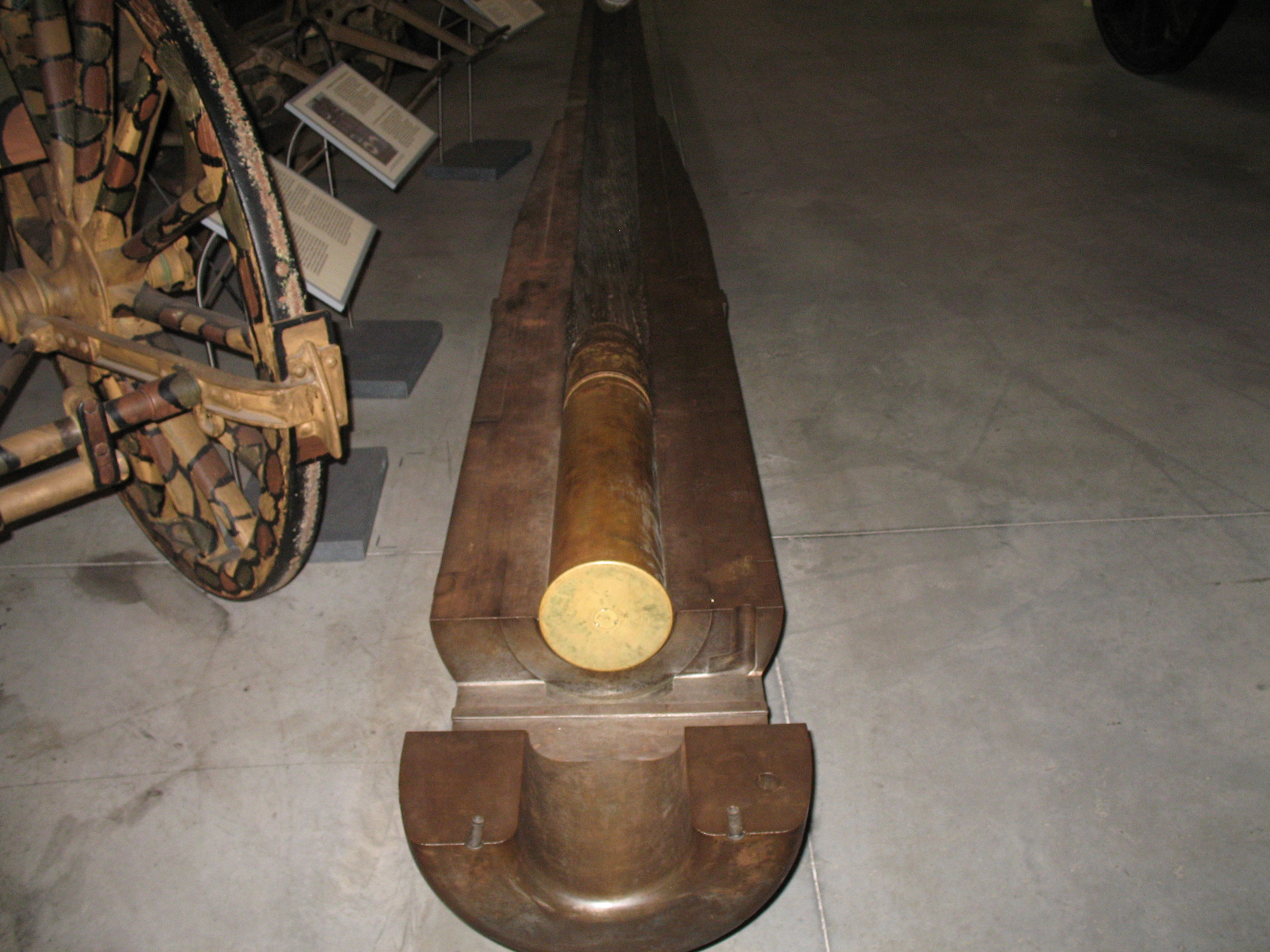
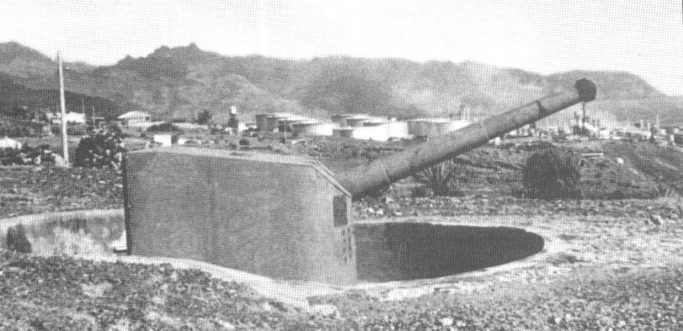
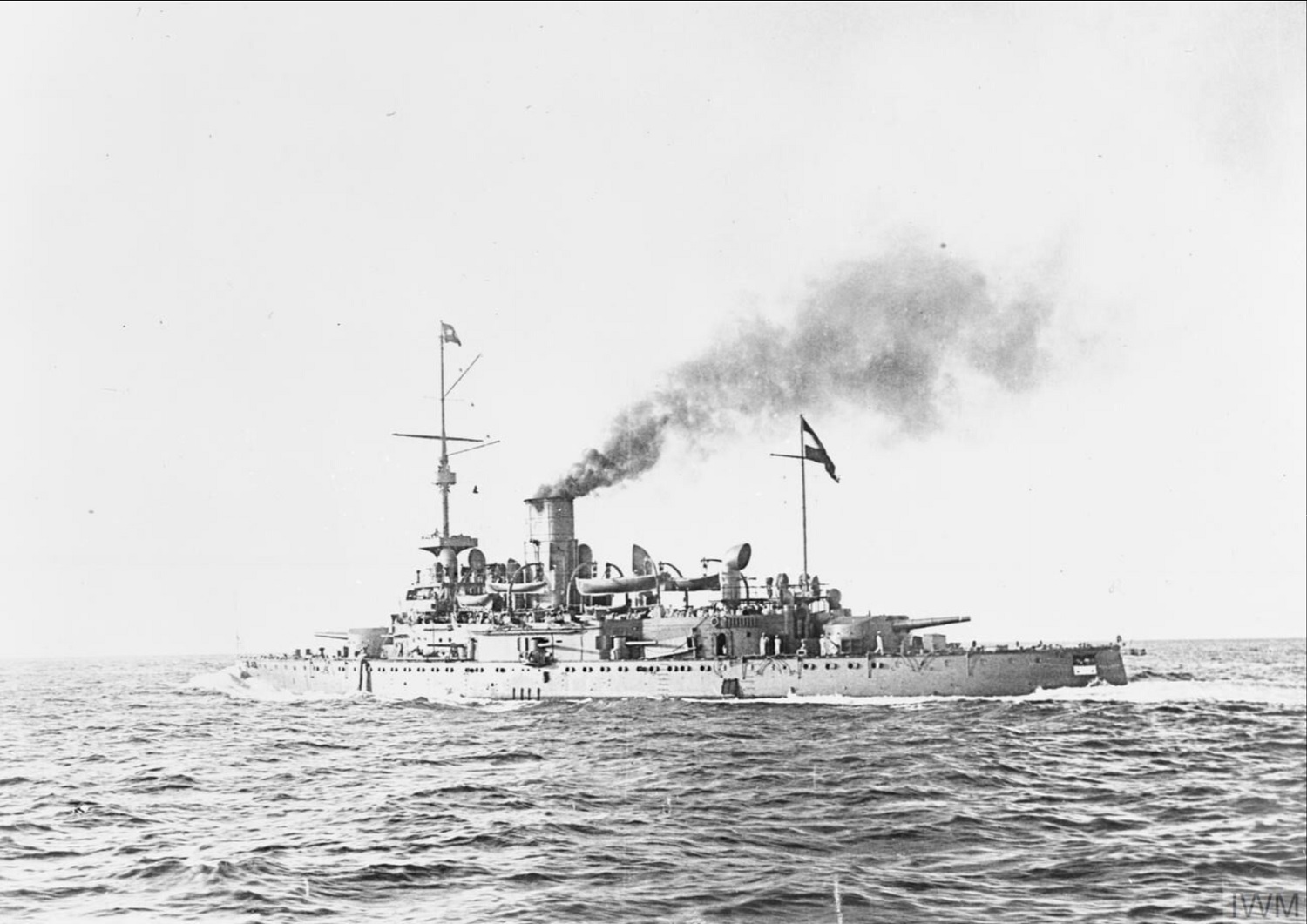
15 cm (5.9") guns used on the raider Wolf from the Australian War Memorial
P05338.002,
P05338.007,
P05338.008,
P05338.009,
P05338.011,
P05338.018,
P05338.025 and
P05338.179
"Naval Weapons of World War Two" by John Campbell
"Naval Weapons of World War One" by Norman Friedman
"German Warships 1815-1945" by Erich Gröner
---
Original research by Mihály Krámli, author of "A Használhatatlan Lövegtornony Mítosza: Legenda Vagy Valóság?" [The Myth of the Useless Turret: Legend or Reality?] and
"Az Osztrák-Magyar Monarchia Csatahajói: 1904-1914" [Austro-Hungarian Battleships and Battleship Designs: 1904-1914]
{Link - Hungarian to complete book in pdf form and Link - English}.
---
Special help by Javier Villarroya del Real
20 October 2008 - Benchmark
20 May 2012 - Updated to latest template
25 November 2012 - Added gun and projectile details
04 February 2016 - Removed photograph, updated links to Australian War Memorial supply
16 February 2020 - Added cross-section photographs, converted to HTML 5 format
09 February 2021 - Added information and photograph for guns acquired by Spain
16 April 2021 - Corrected typographical error
16 February 2023 - Added data for Austria-Hungary weapons
20 August 2024 - Updated links to Australian War Memorial photographs
